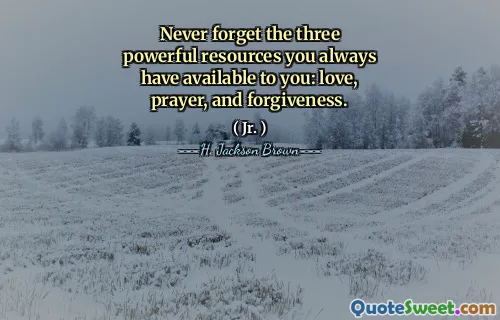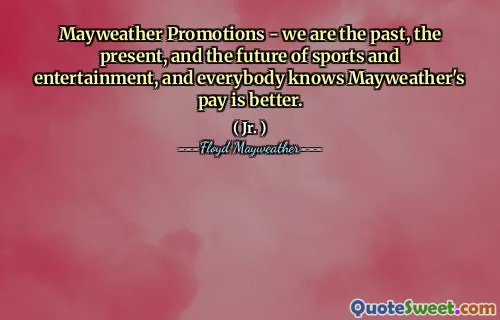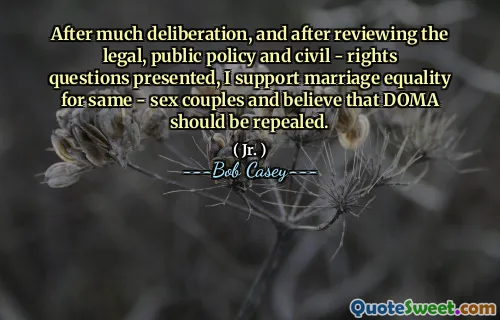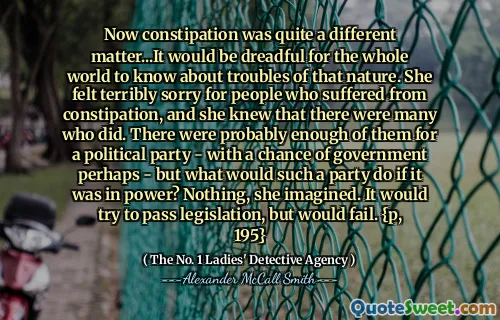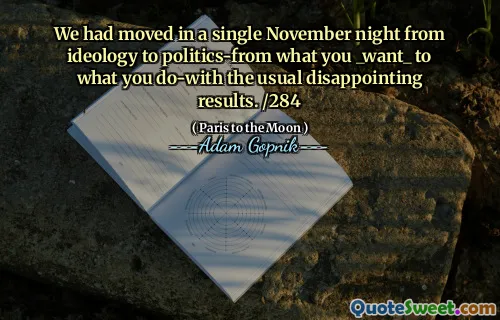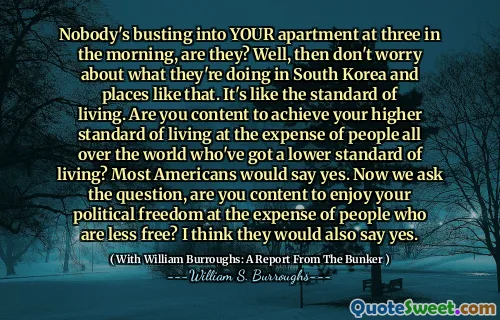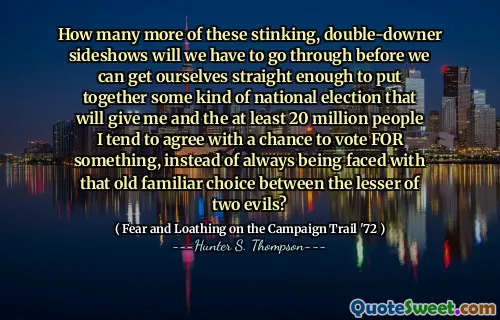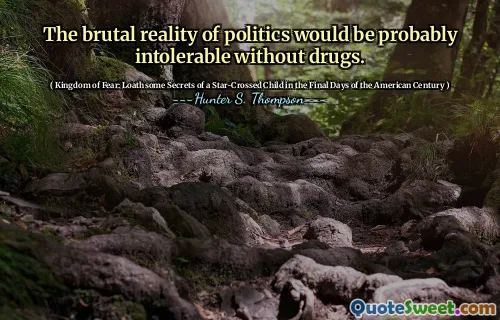
I believe the United States is very sick financially and might not survive another four years of Obama-style leadership.
This quote expresses a deep concern about the financial stability of the United States and suggests that the current trajectory under President Obama at the time might lead to disastrous consequences if continued. The speaker likely perceives policies implemented during his administration as detrimental to economic health, emphasizing fears of potential collapse or severe decline. Such a perspective reflects a broader commentary on political ideology, economic policies, and leadership styles perceived as potentially damaging.
The statement also taps into the emotional and partisan divide often present in political discourse, where leaders are sometimes portrayed as either saviors or destroyers of the nation’s prosperity. It underscores a sense of urgency and fear about the future, which can stir strong emotions and rally support among those sharing similar concerns.
Analyzing this quote from a broader perspective, it becomes evident that economic stability is a recurring theme in political debates. It reminds us how leaders are often scrutinized for their impact on the nation’s fiscal health—through policies on taxation, government spending, and regulation. The history of political rhetoric is filled with claims of imminent disaster if opposing policies are pursued, often reflecting underlying ideologies.
While such statements can be polarizing, they also encourage critical examination of economic policies and their long-term implications. It is essential to balance concerns with factual analysis, avoiding hysteria or overly simplistic narratives. In a functioning democracy, vigorous debate—including expressions of fear and hope—is vital for accountability and the formulation of policies that aim to secure a prosperous future for the nation.


